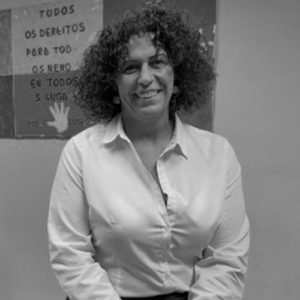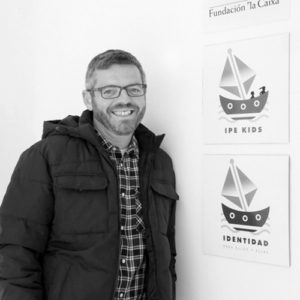Education Higher School of Porto’s Polytechnic Institute

Currículum vitae
After receiving a PhD from the University of Santiago de Compostela in 2003, he obtained the Title of Aggregate in 2010 from the University of Trás-os-Montes and Alto Douro. Since 2009 he has been a professor at the School of Education of the Polytechnic Institute of Porto. He is President of the Pedagogical Council at the School of Education, coordinator of the Master in Administration of Educational Organizations and integrated researcher at inED – Center for Research and Innovation in Education, and member of its Board since 2013. The main areas of research are those related to Pedagogy/Social Education, namely those related to children and young people at risk, the protection system, subjective well-being and rights of the child, participation, residential care, family care and decision making.
Talk
“Transition from foster care system to adult life: chances and challenges for foster care”
The increase in poverty, unemployment and inequalities, which the current times are characterized by, make it difficult for young people to obtain the conditions which enable them to live independently and progressively acquire life autonomy.
Compared to the general population, the results of several studies indicate that this transition is even more difficult for young people within the protection systems and in the foster care system, due to the vulnerabilities associated with their life journey, which is characterized, in most cases, by a lower success rate in their training, delays in educational path, as well as behavioral, emotional, health and social difficulties with peers and other adults. It is widely recognized the need for support programs for the empowerment of these young people and to ensure the best conditions for the construction of their effective independence. One of the best indicators of the protection quality is not so much what happens during the stay, but rather the possibility of social inclusion after leaving the system.
In this presentation, and after a brief contextualization of the foster care measures within the Portuguese system of protection of young people at risk, we seek to reflect on the programs, processes and support measures existing in the protection system, as well as on the importance of participation in the transition from residential and family care to life autonomy.



































